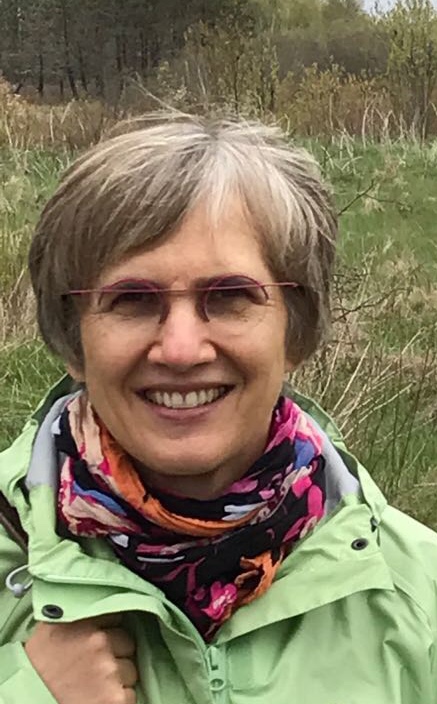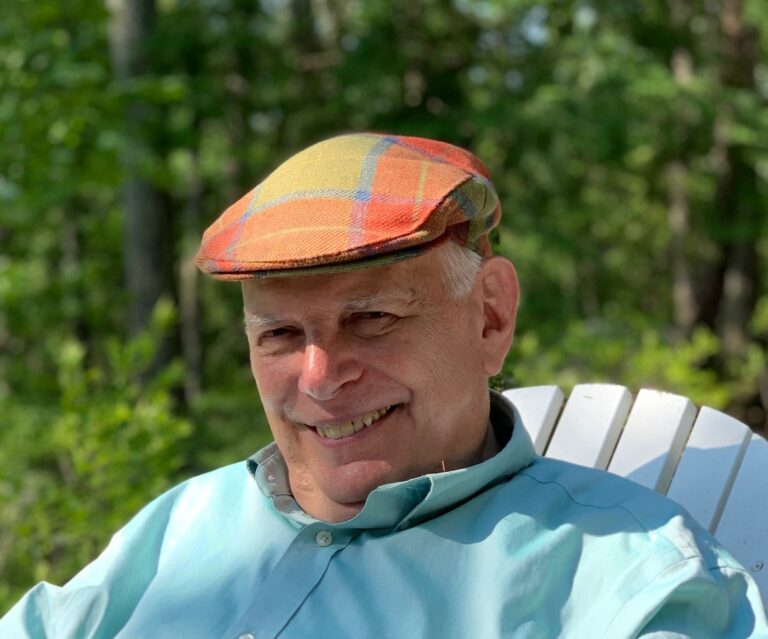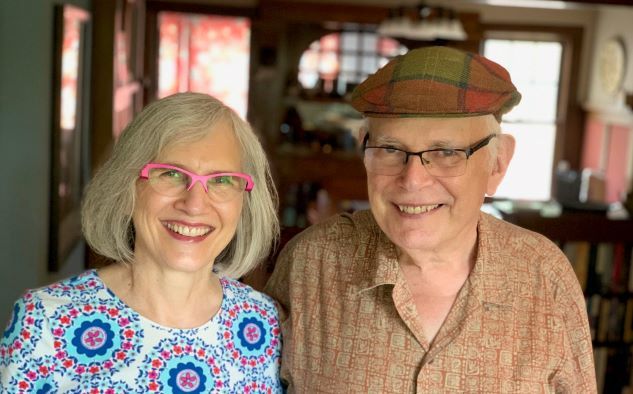Harry Boyte and Marie Ström are mission-driven activists who share a commitment to promoting constructive nonviolence as a way of life. United by this transformative mindset, they have devoted their lives to shaping a society where people approach differences with understanding rather than antagonism.
Marie’s journey in constructive nonviolence began when she was a teenager living under South African apartheid. “While there were violent and nonviolent paths in the struggle, my instincts and faith pushed me to nonviolence,” she said. As the apartheid struggle intensified, she transitioned from her role as a French professor to a popular educator with grassroots communities. In this role, she worked at a non-profit organization supporting South Africa’s transition to democracy and later across the continent. She met Harry through their work in grassroots democracy-building.

Harry grew up in the Jim Crow South where his parents were rare white advocates of desegregation. Harry’s father—Harry George Boyte—was the first white person to join the Southern Christian Leadership Conference (SCLC) and was later appointed special assistant to Martin Luther King Jr. during the Civil Rights Movement. Harry C. Boyte worked for SCLC as a field secretary. This was Harry’s introduction to the concept of nonviolence. “I was a very angry kid,” he said. “Nonviolence helped discipline my anger and transform it into a commitment to seeing the good in your enemy.”

“I was a very angry kid. Nonviolence helped discipline my anger and transform it into a commitment to a larger sense of seeing the good in your enemy.”
Harry and Marie joined forces with Braver Angels amid the tumultuous year 2020. “During the 2020 political climate, the pressing question was how to address the rancor and division and ‘hold America together,’” Harry said. “[Braver Angels co-founder] Bill Doherty brought me into Braver Angels to support the mission, and we began discussing the infusion of nonviolent principles into depolarization efforts.”
In the realm of depolarization, the importance of nonviolence goes beyond just a set of tactics. As Harry put it, “Constructive nonviolence is a broad approach essential to depolarization.” Based on Martin Luther King Jr.’s six principles of nonviolence, constructive nonviolence teaches us to control our anger and work to find understanding so we can build a bridge across the divide. “When you stop responding to violence with violence and choose nonviolence, you have a chance of humanizing the other,” Harry said.
“When you stop responding to violence with violence and choose nonviolence, you have a chance of humanizing the other.”
Marie, drawing from her personal journey, emphasized, “Constructive nonviolence is more than tactics; it’s a comprehensive philosophy of life and a set of attitudes.” Consider it not as a strategy solely aimed at winning but as a life philosophy that transforms our perception of the world and shapes our interactions. Marie discovered that embracing nonviolence isn’t just about empowerment for oneself, but for all—a narrative that transcends the individual and fosters a collective sense of empowerment.
“Constructive nonviolence transcends mere tactics; it serves as a comprehensive philosophy of life and a set of attitudes.”
During a recent Braver Angels seminar titled ‘The Philosophy and Practice of Constructive Nonviolence,’ cohosted by Marie and Harry, unexpected opportunities for real-world application unfolded. The timing of the seminar, coinciding with the onset of the Israel-Palestine conflict, turned it into a dynamic space for individuals with divergent opinions on the issue to share their views and collectively process what was happening. In this unique setting, participants found themselves openly sharing their perspectives, creating a rich tapestry of contrasting views. Harry underscored the importance of active participation, stating, “Constructive nonviolence is not a passive stance; we must engage in the process—not just listen but truly participate in it.”
Harry shared a captivating story as he recounted the powerful ways a pro-Israeli Jewish leader in Braver Angels actively engaged with the material presented. Especially the thought of Abraham Heschel, a great Jewish philosopher who emphasized seeing the divine even in one’s enemies.
Marie and Harry have also led a three-year integration of Braver Angels and the philosophy of nonviolence into their congregation, St. Matthews Episcopal Church in St. Paul. This election year, the church is forming relationships with rural communities and congregations across both urban-rural and partisan divides.
Harry and Marie’s dedication to constructive nonviolence demonstrates that it is more than just a theory—it is a way of life. By integrating nonviolent principles into depolarization initiatives, constructive nonviolence holds the potential to serve as a beacon of hope for uniting us during a time of social divide.




